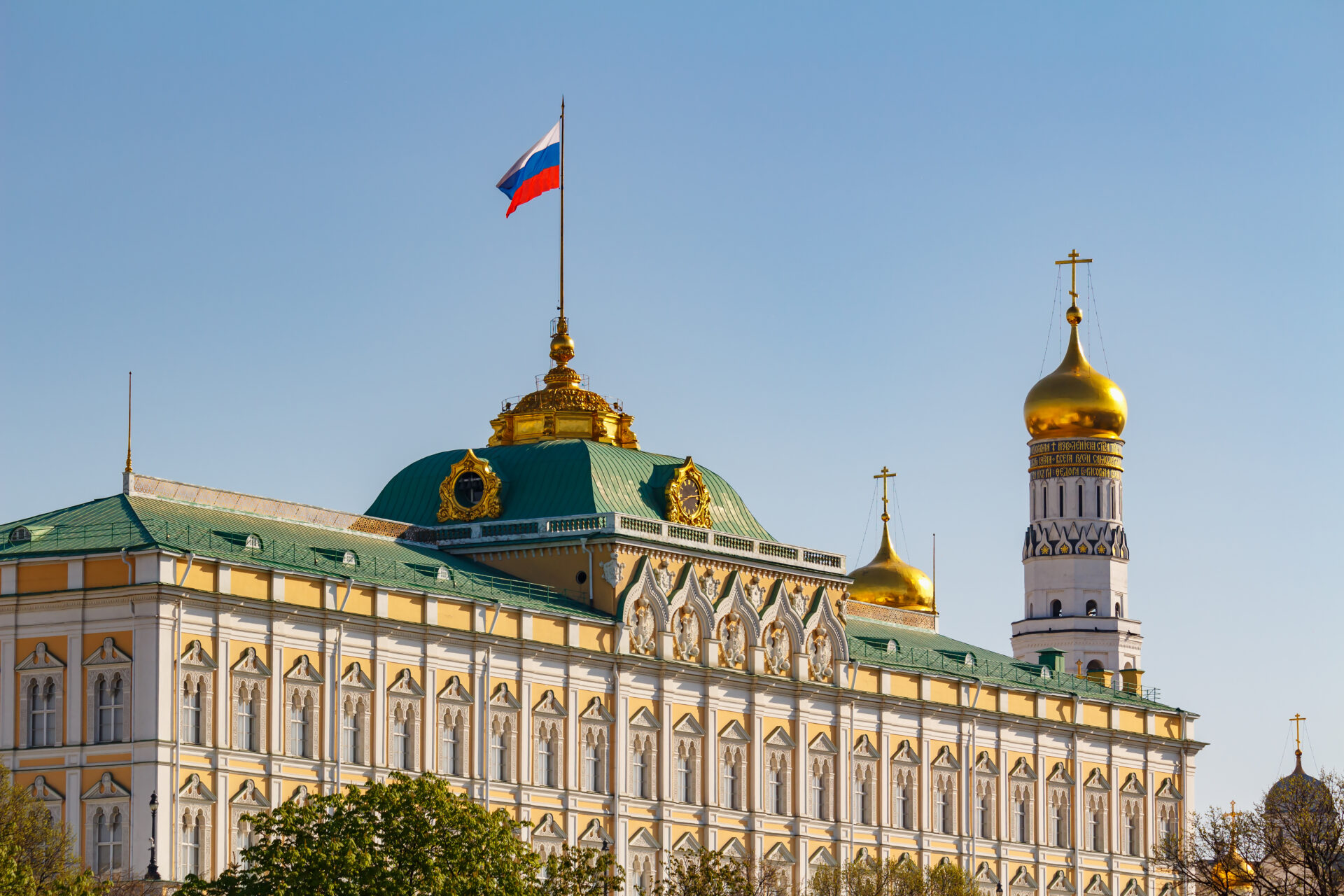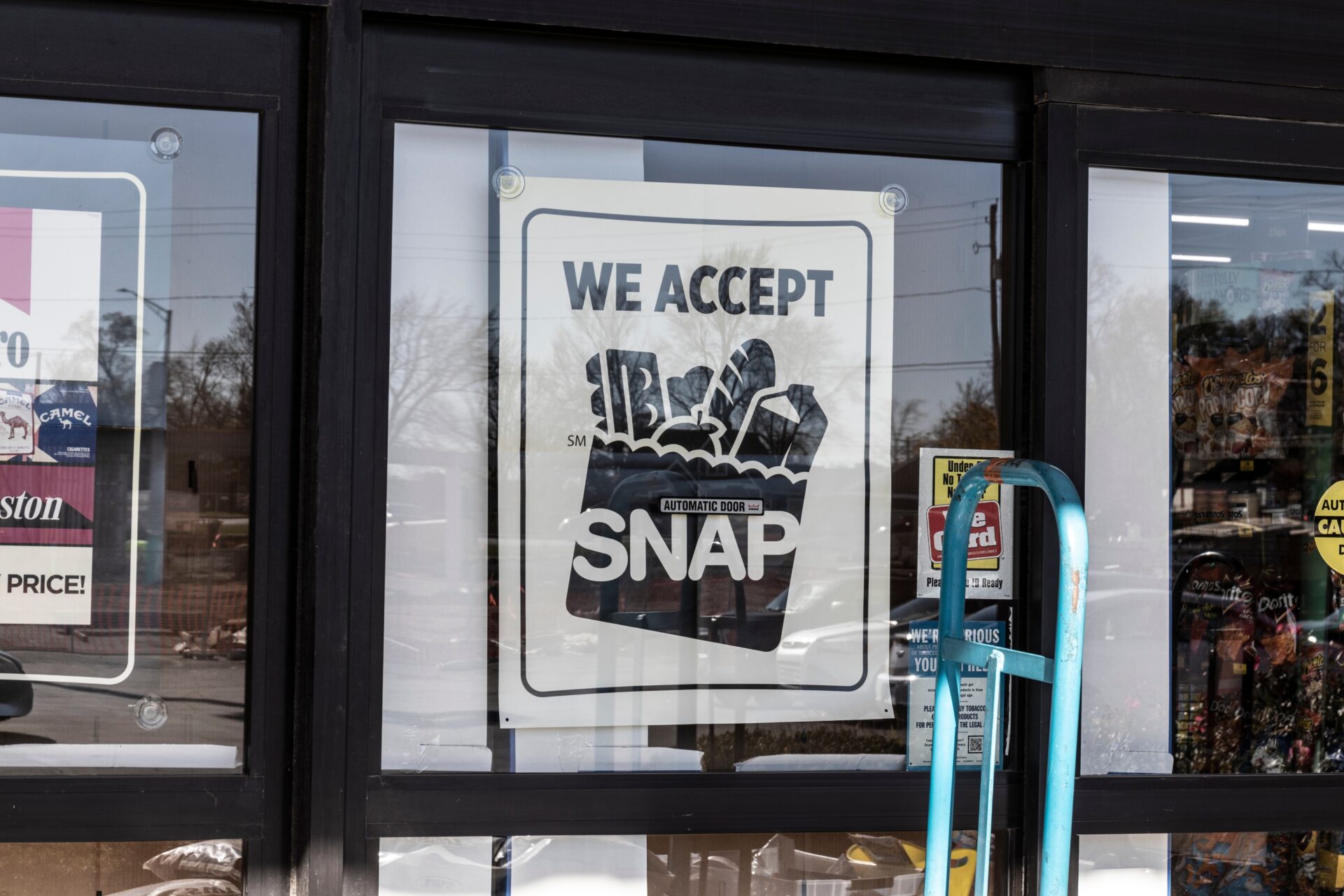
PARADE SCRAPPED – Is the Kremlin LOSING GRIP?
For the first time since 2017, Russia has canceled its main Navy Day parade, acknowledging that Ukraine’s relentless drone strikes have made even their most cherished military celebrations unsafe. What does it signal when the world’s “second army” is unable to hold a parade in its own backyard?
At a Glance
- Russia cancels its flagship Navy Day parade in St. Petersburg due to escalating Ukrainian drone attacks.
- Ukrainian strikes hit deep within Russian territory, forcing airport closures and unprecedented security measures.
- The Kremlin’s move signals a stunning loss of confidence and control, dealing a major blow to Russian morale and propaganda.
- Smaller, muted ceremonies replaced large-scale festivities, as Moscow scrambles to project strength amid embarrassment.
Russia Cancels Navy Day Parade as Drone Threats Expose Vulnerability
Security fears forced the Kremlin to scrap its flagship Navy Day parade in St. Petersburg, marking the first complete cancellation since the event’s modern revival. The Russian Ministry of Defense and President Putin himself, so fond of military spectacle, have conceded that Ukrainian drone attacks now pose a real threat even in Russia’s heartland. On July 27, 2025, as the city braced for celebration, hundreds of Ukrainian drones reportedly targeted military facilities and even forced the closure of the St. Petersburg airport for five hours. The parade’s absence exposes a stunning vulnerability: if Russia can’t defend its own symbolic events, how can it claim to control the battlefield or protect its people?
🚫 Navy Day parade in St. Petersburg quietly scrapped — “for security reasons”
St. Petersburg authorities officially announced that the July 27 Navy Day parade would not take place.
But just minutes later, part of the statement mysteriously vanished — the city’s transport… pic.twitter.com/NUkKTq3oQ0
— NEXTA (@nexta_tv) July 25, 2025
This year, instead of the usual show of warships and military might, Russians witnessed muted wreath-laying ceremonies and scaled-down gatherings. The Kremlin’s message tried to spin the move as prudent caution, but the optics are damning. Ukraine’s asymmetric warfare tactics, particularly its use of long-range drones, have punctured the myth of Russian security and forced Moscow to admit—in plain view of the world—that its supposed military dominance is faltering. The loss of the parade isn’t just a logistical inconvenience; it’s a symbolic defeat that resonates far beyond the streets of St. Petersburg.
Ukraine’s Drone Barrage Forces Russia’s Hand
Ukraine’s military has dramatically escalated its drone campaign, striking deep into Russian territory and targeting not just military assets but the very symbols of Russian pride. The timing of the latest attacks, coinciding with Navy Day, was no accident. Ukrainian forces launched a barrage of strike UAVs overnight, overwhelming Russian defenses and directly triggering the parade’s cancellation. Kremlin spokesperson Dmitry Peskov admitted publicly that “security concerns” and the “general atmosphere” made the event impossible to hold safely. President Putin, who has made military pageantry a centerpiece of his rule, was reduced to issuing a video message praising the bravery of Russian sailors instead of appearing in person at the parade.
Authorities in St. Petersburg and Kaliningrad, typically eager to promote the festivities, deferred to federal security directives and announced the end of large-scale public events. The Kremlin’s decision reflects a centralization of power and a desperate attempt to save face amid growing evidence that Ukraine can reach—and disrupt—core Russian cities at will. The Russian Defense Ministry’s subsequent naval exercises, involving over 150 ships and 15,000 troops, were an obvious attempt to compensate for the canceled parade and restore a sense of control, but the damage to national pride was already done.


